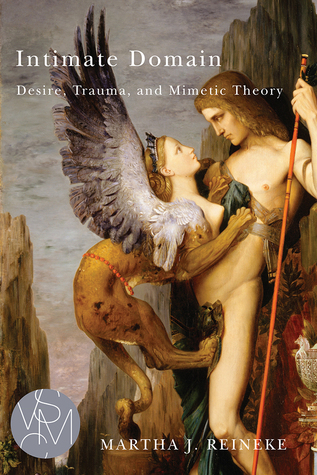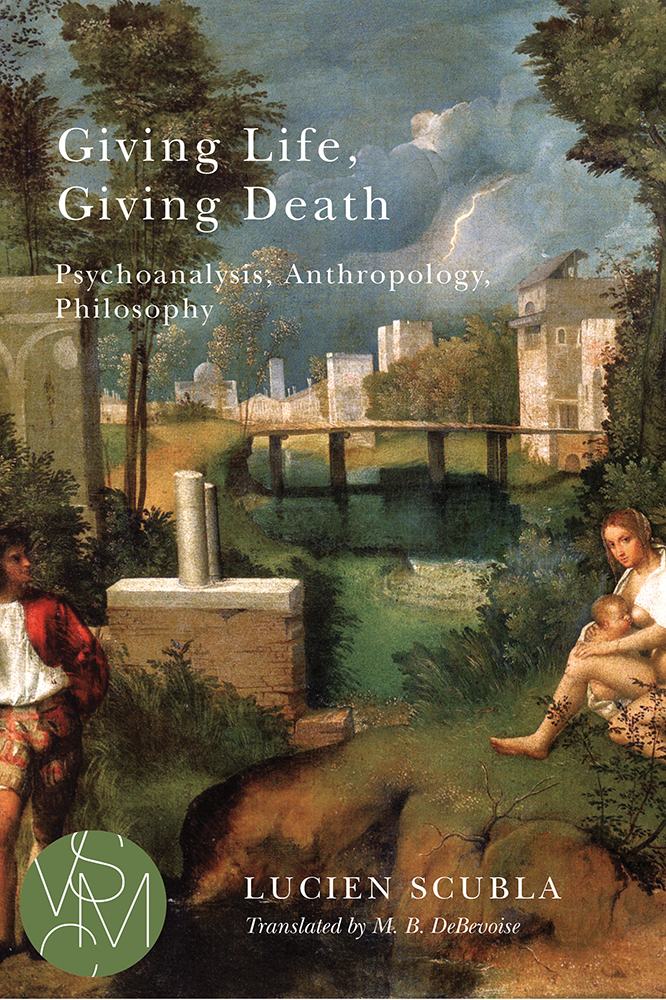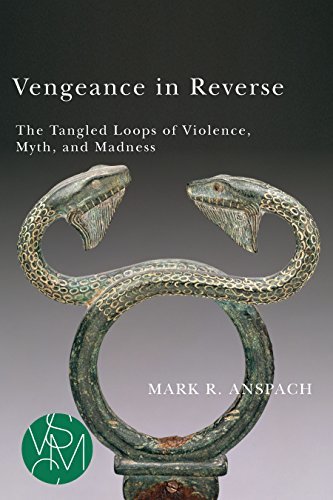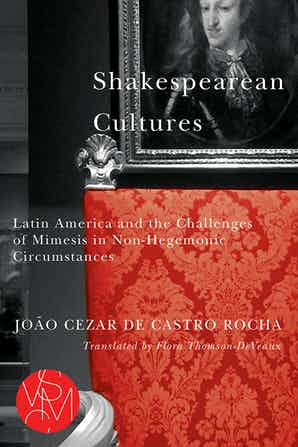
2014
First Published
3.78
Average Rating
414
Number of Pages
Part of Series
For René Girard, human life revolves around mimetic desire, which regularly manifests itself in acquisitive rivalry when we find ourselves wanting an object because another wants it also. Noting that mimetic desire is driven by our sense of inadequacy or insufficiency, Girard arrives at a profound our desire is not fundamentally directed toward the other’s object but toward the other’s being. We perceive the other to possess a fullness of being we lack. Mimetic desire devolves into violence when our quest after the being of the other remains unfulfilled. So pervasive is mimetic desire that Girard describes it as an ontological illness. In Intimate Domain, Reineke argues that it is necessary to augment Girard’s mimetic theory if we are to give a full account of the sickness he describes. Attending to familial dynamics Girard has overlooked and reclaiming aspects of his early theorizing on sensory experience, Reineke utilizes psychoanalytic theory to place Girard’s mimetic theory on firmer ground. Drawing on three exemplary narratives―Proust’s In Search of Lost Time, Sophocles’s Antigone, and Julia Kristeva’s The Old Man and the Wolves ―the author explores familial relationships. Together, these narratives demonstrate that a corporeal hermeneutics founded in psychoanalytic theory can usefully augment Girard’s insights, thereby ensuring that mimetic theory remains a definitive resource for all who seek to understand humanity’s ontological illness and identify a potential cure.
Avg Rating
3.78
Number of Ratings
9
5 STARS
11%
4 STARS
56%
3 STARS
33%
2 STARS
0%
1 STARS
0%
goodreads


